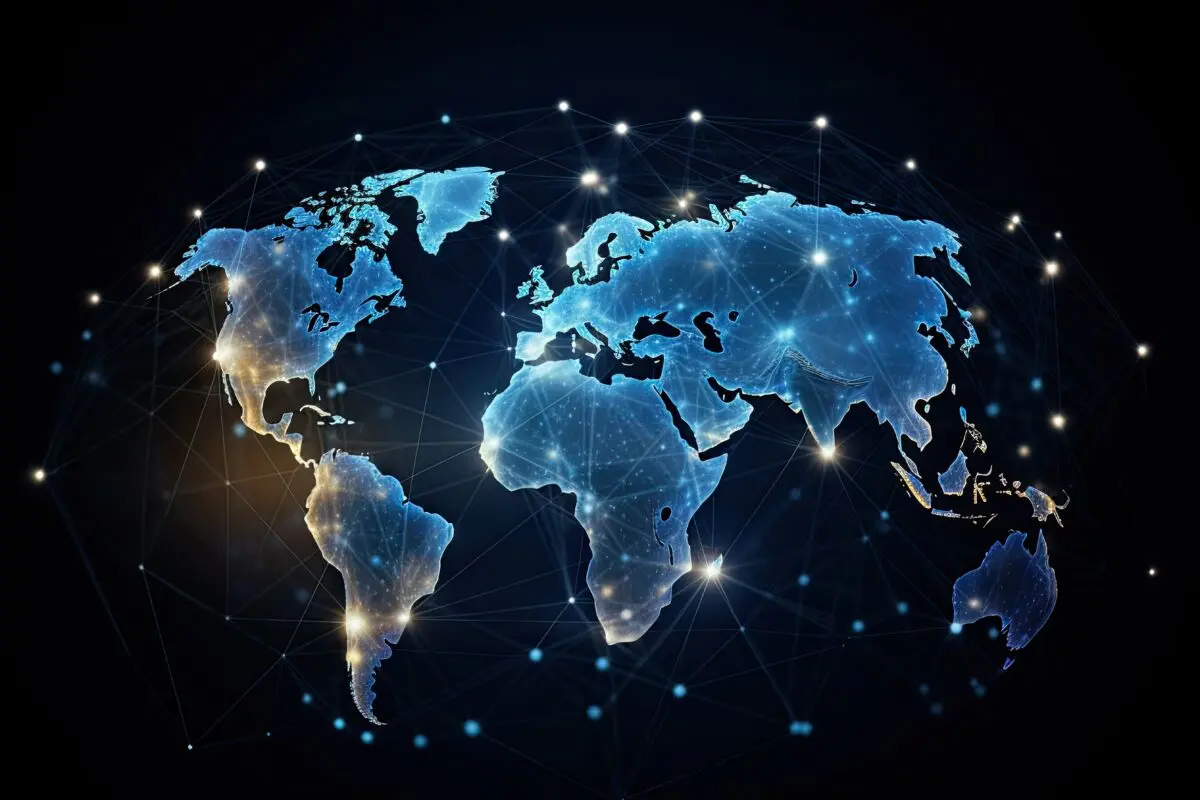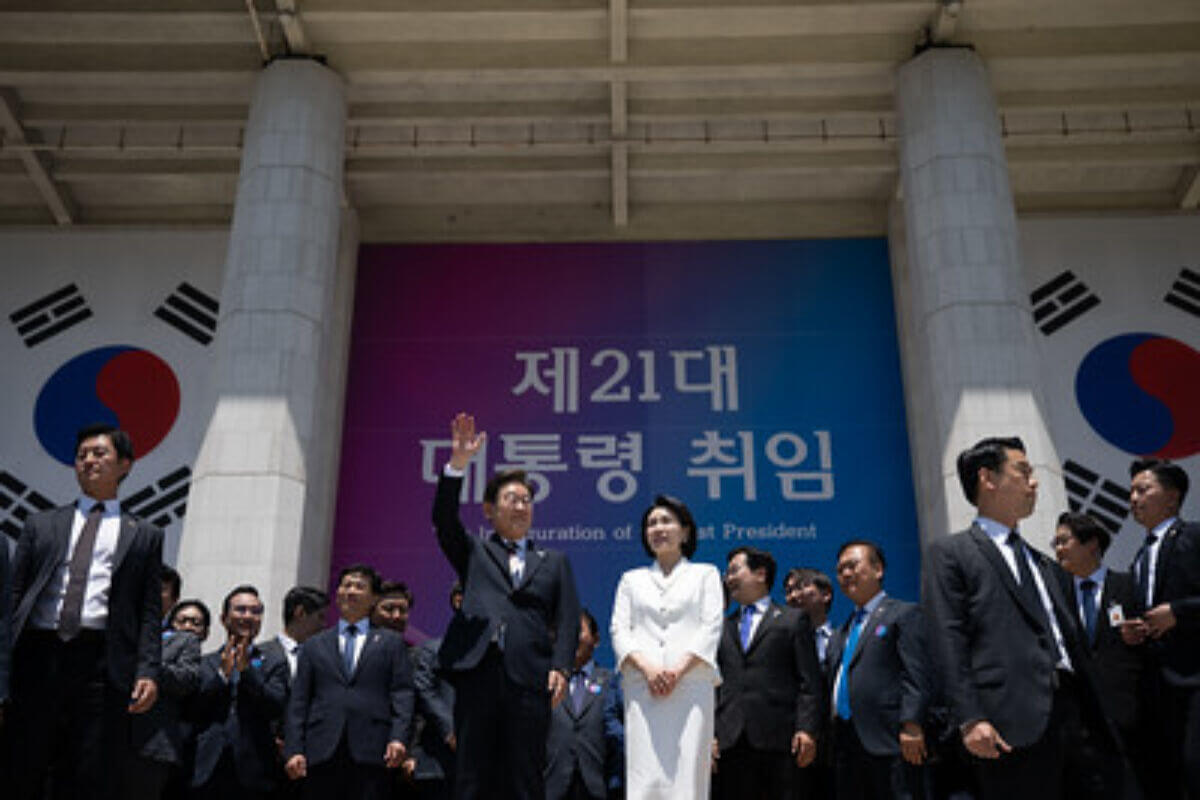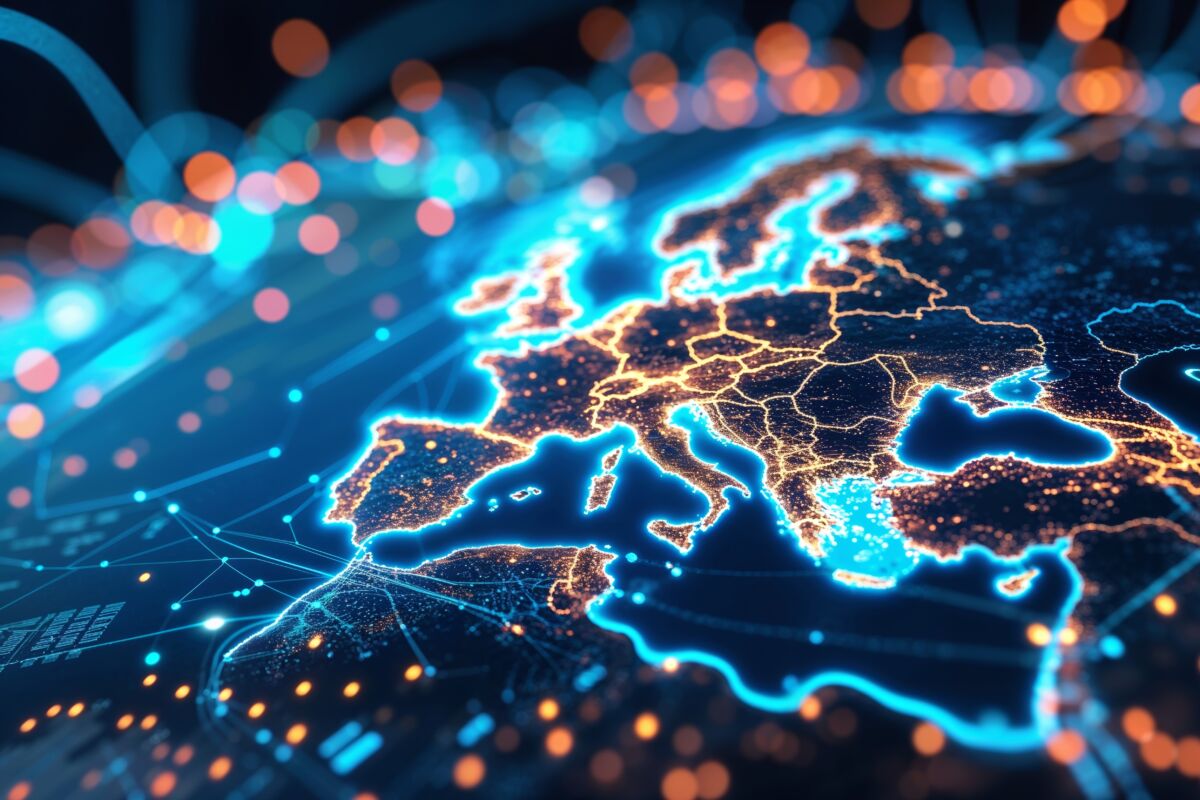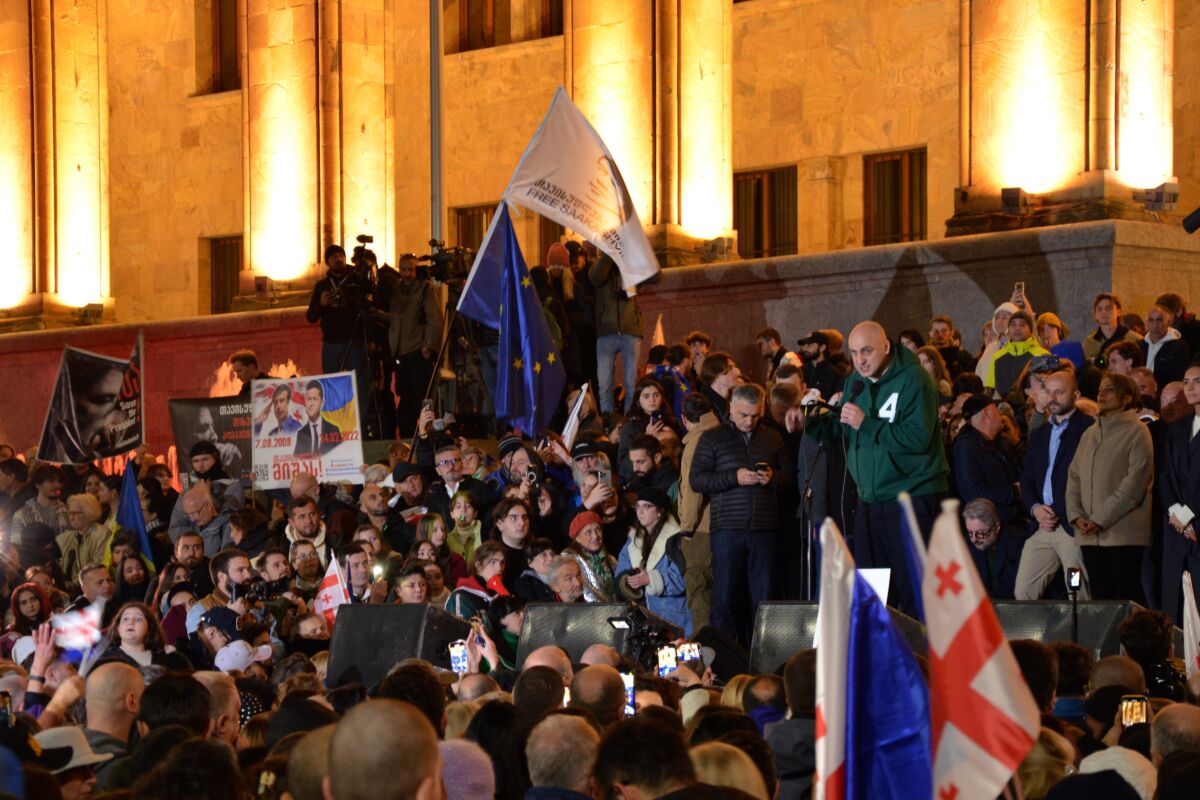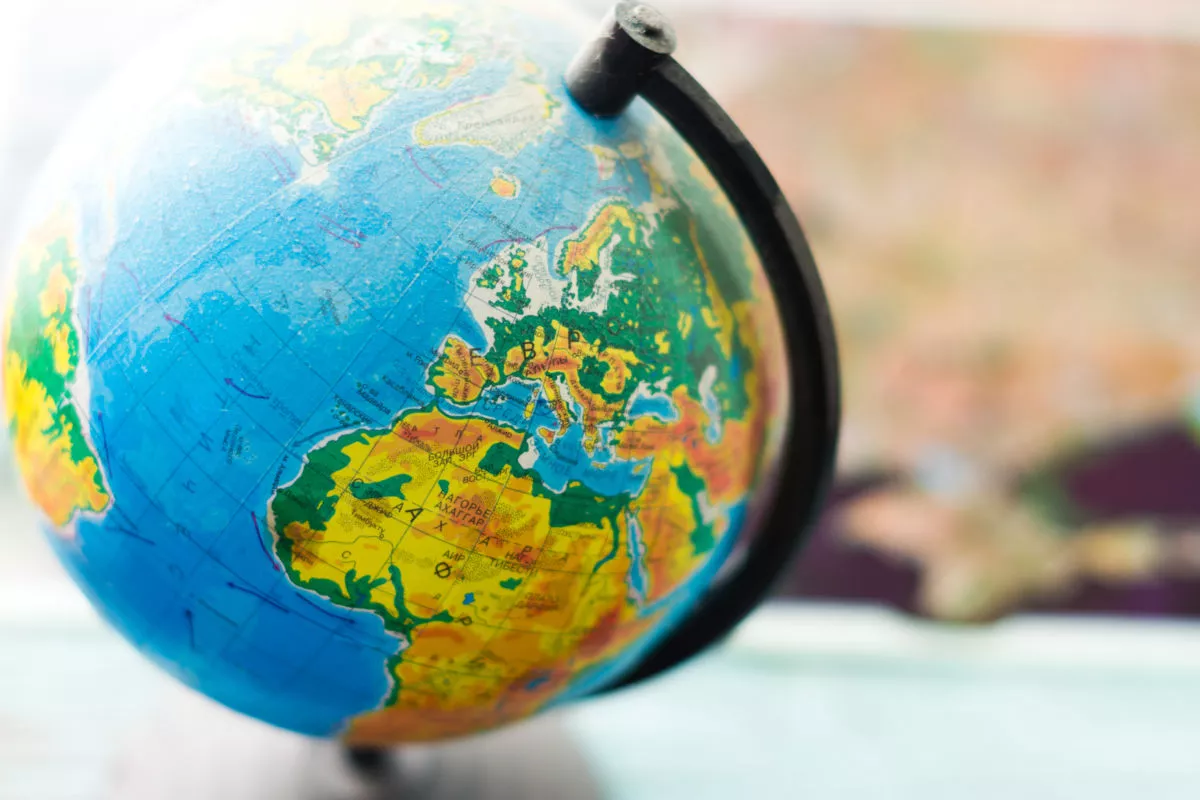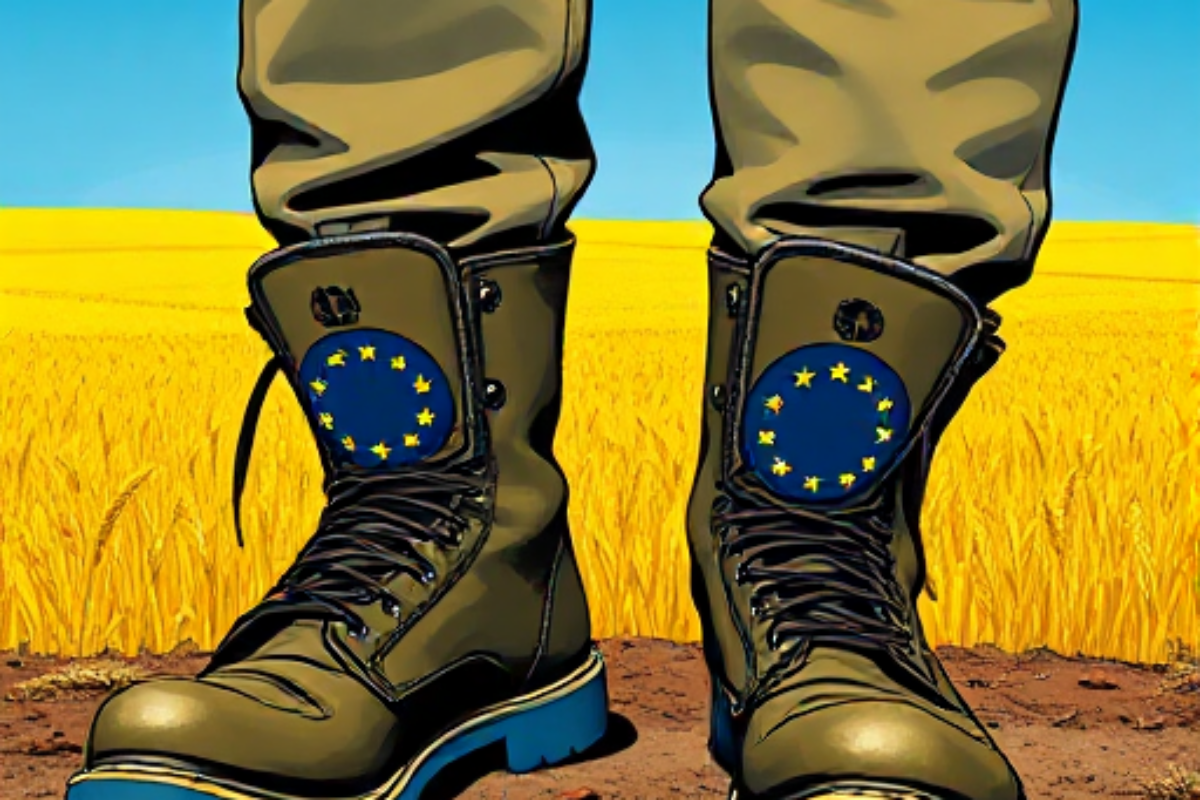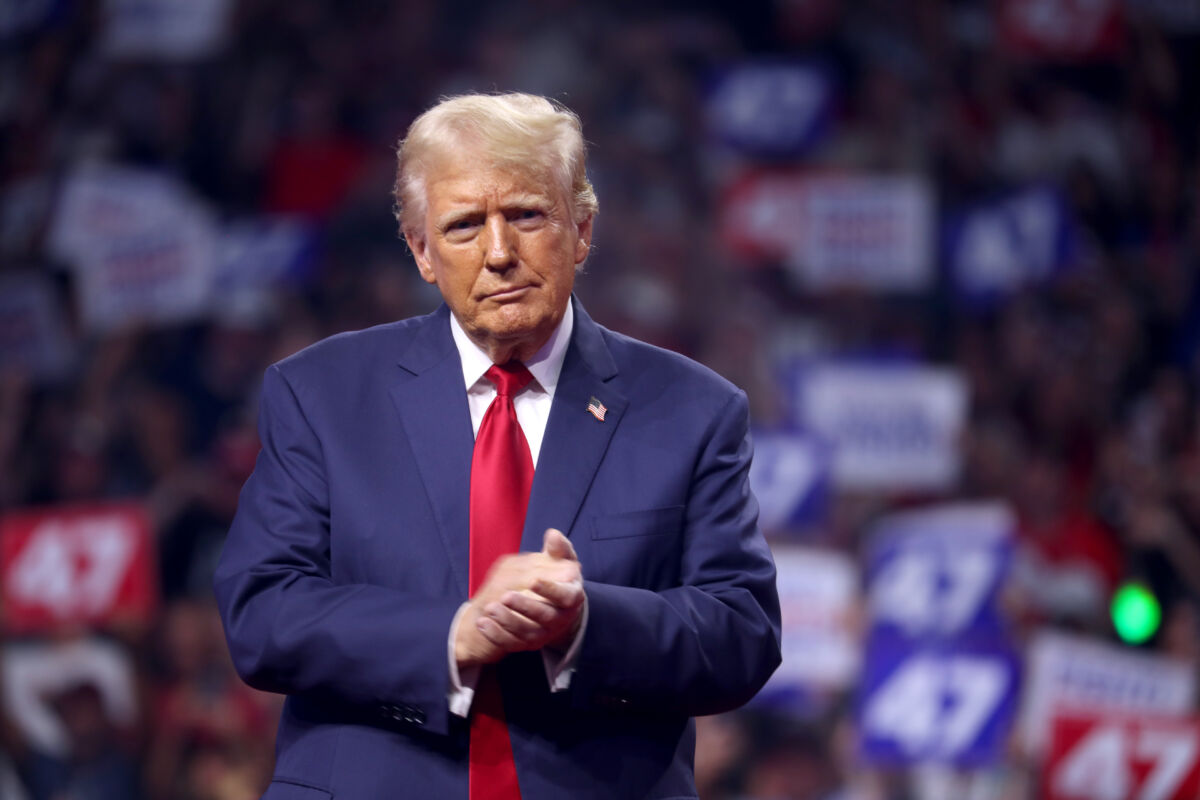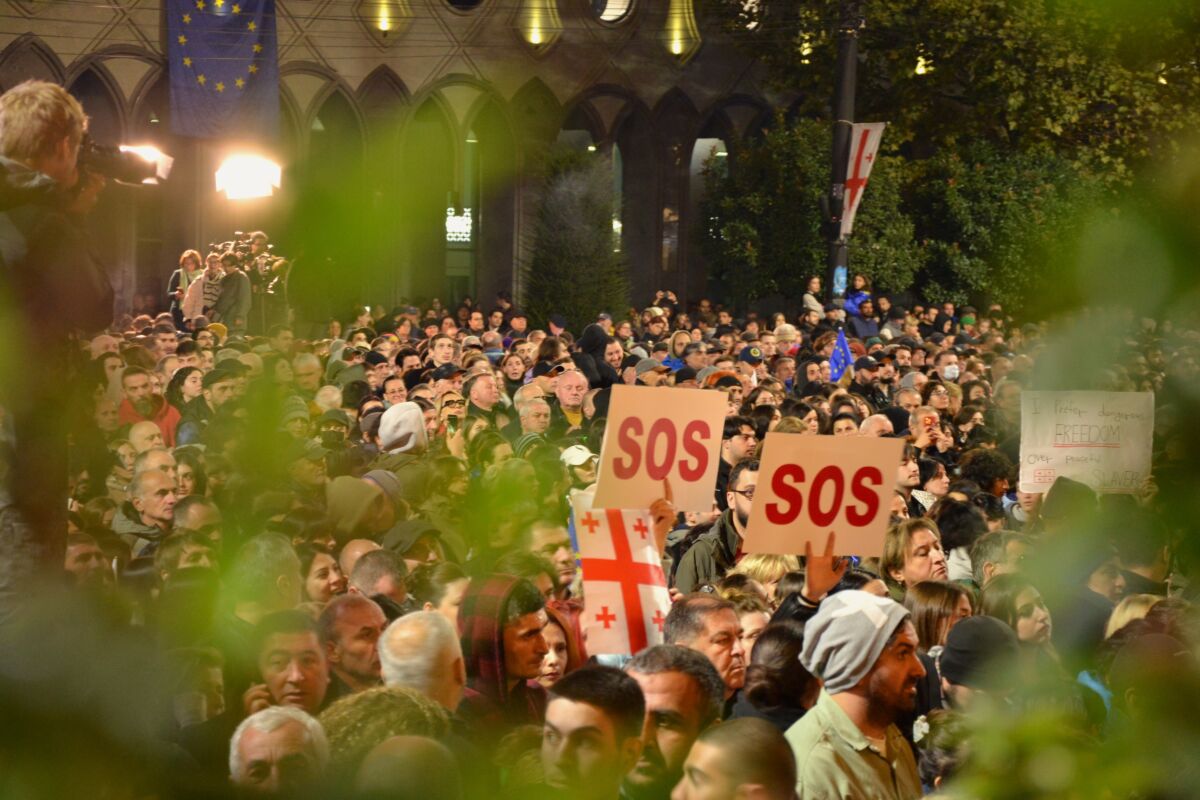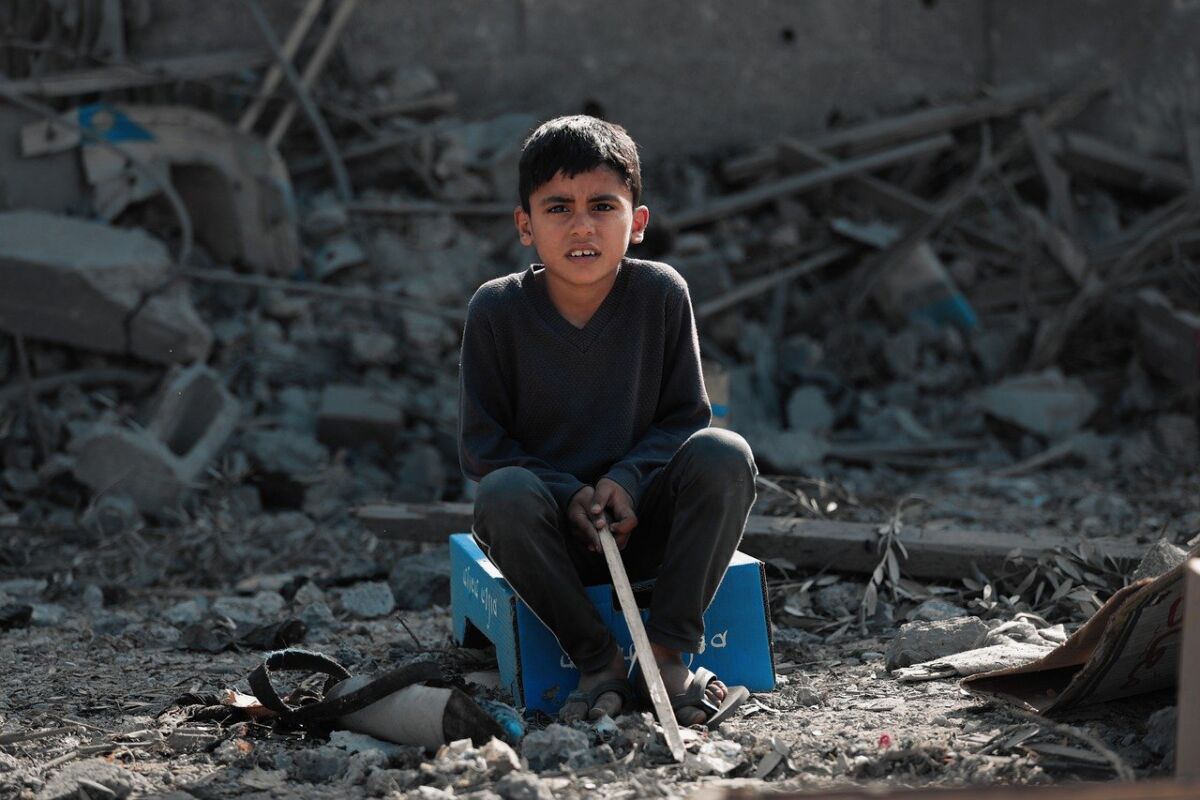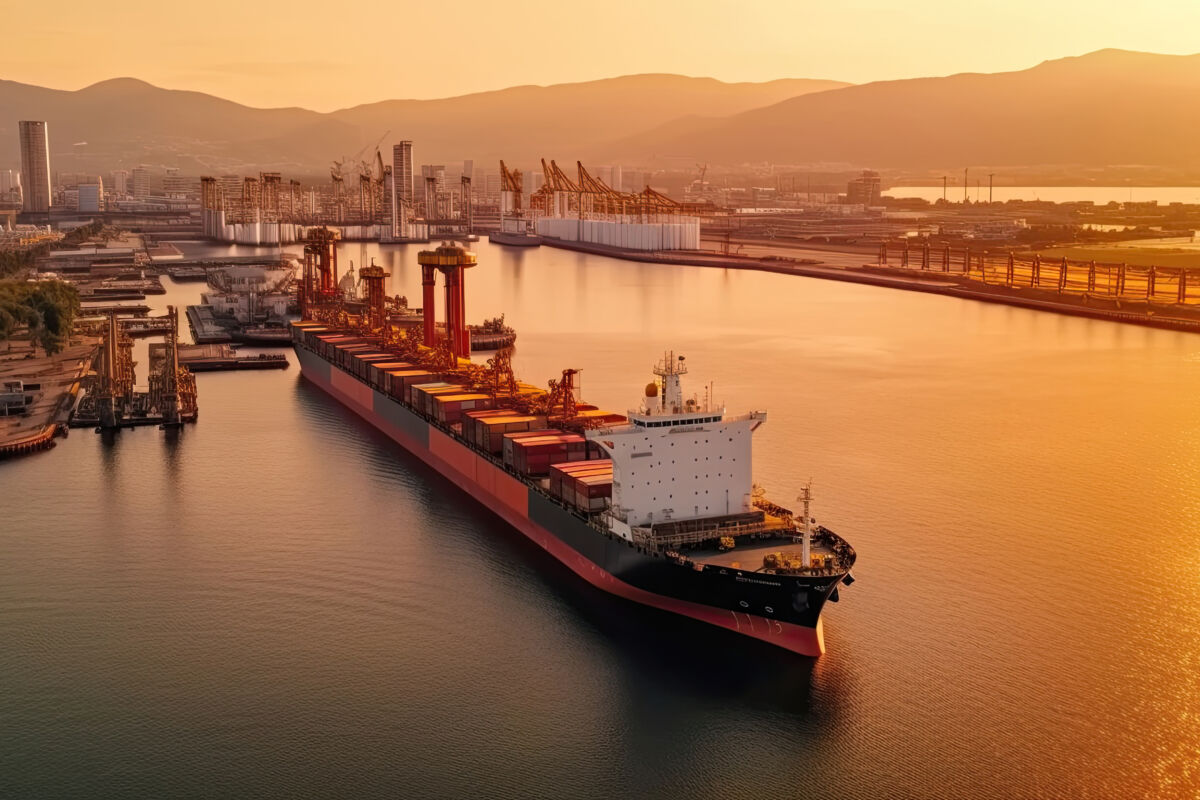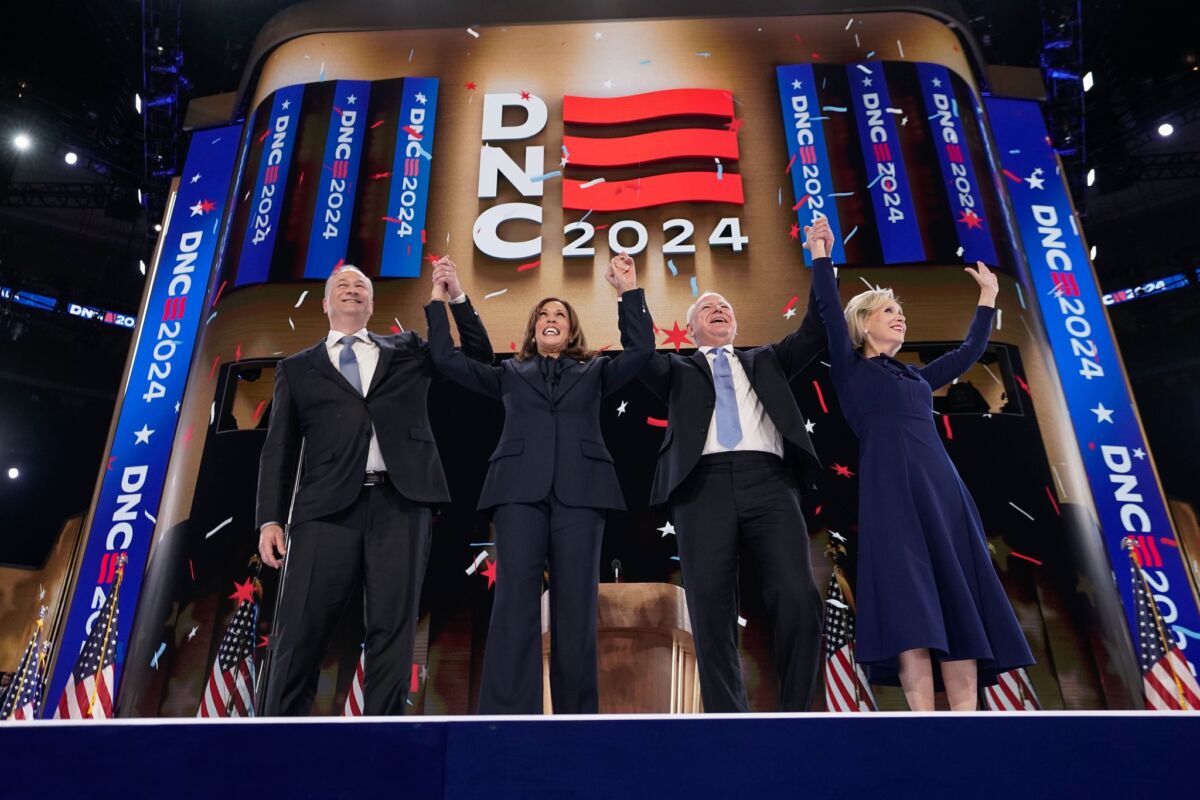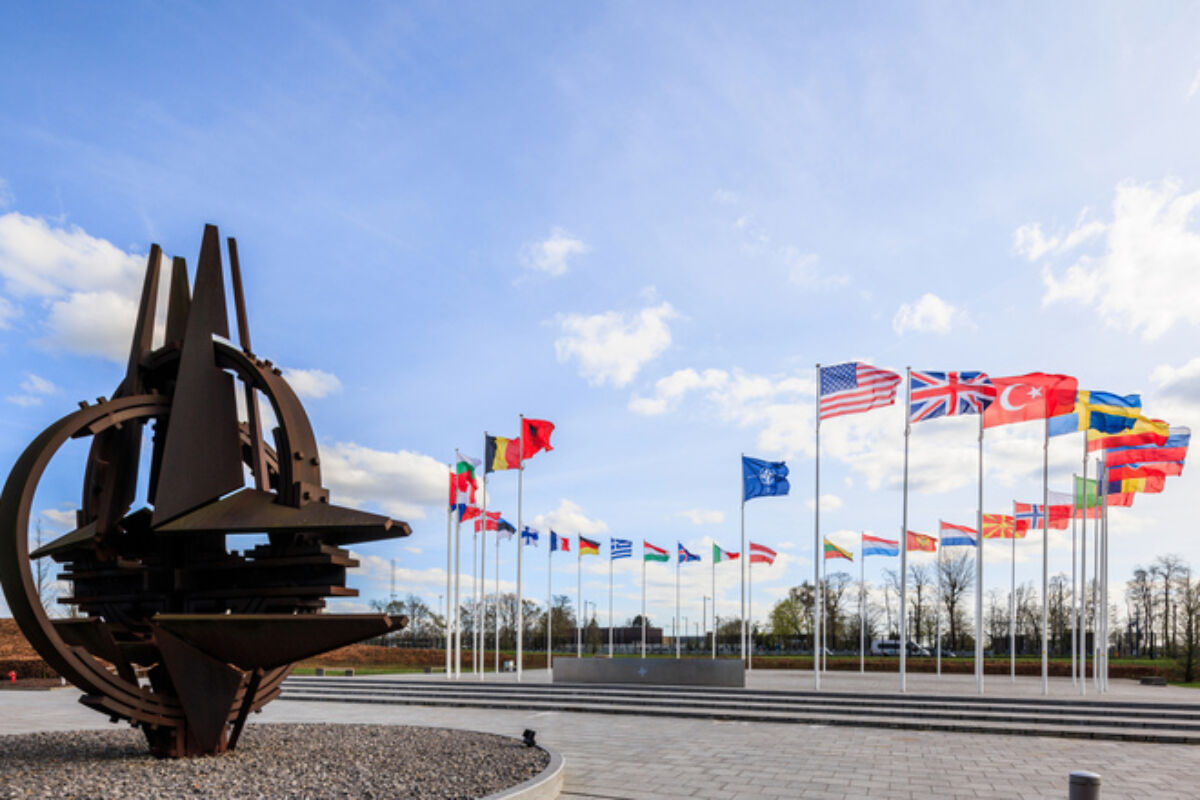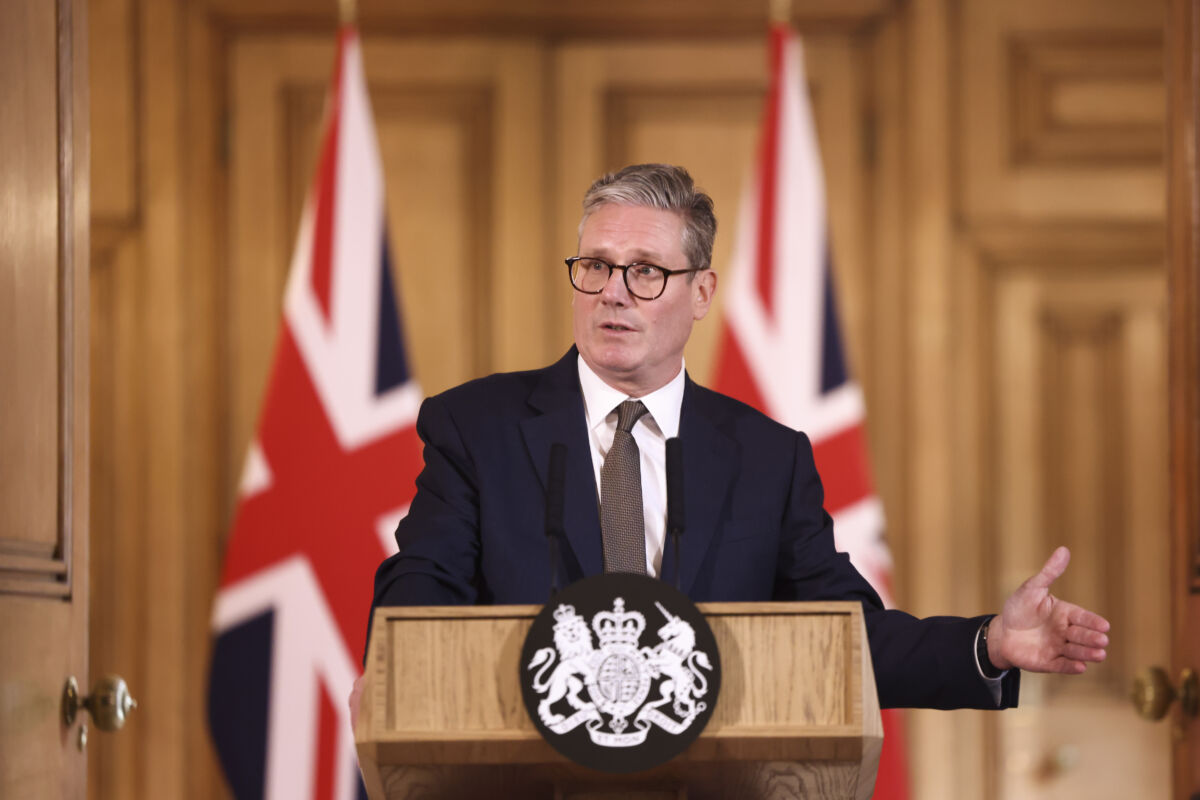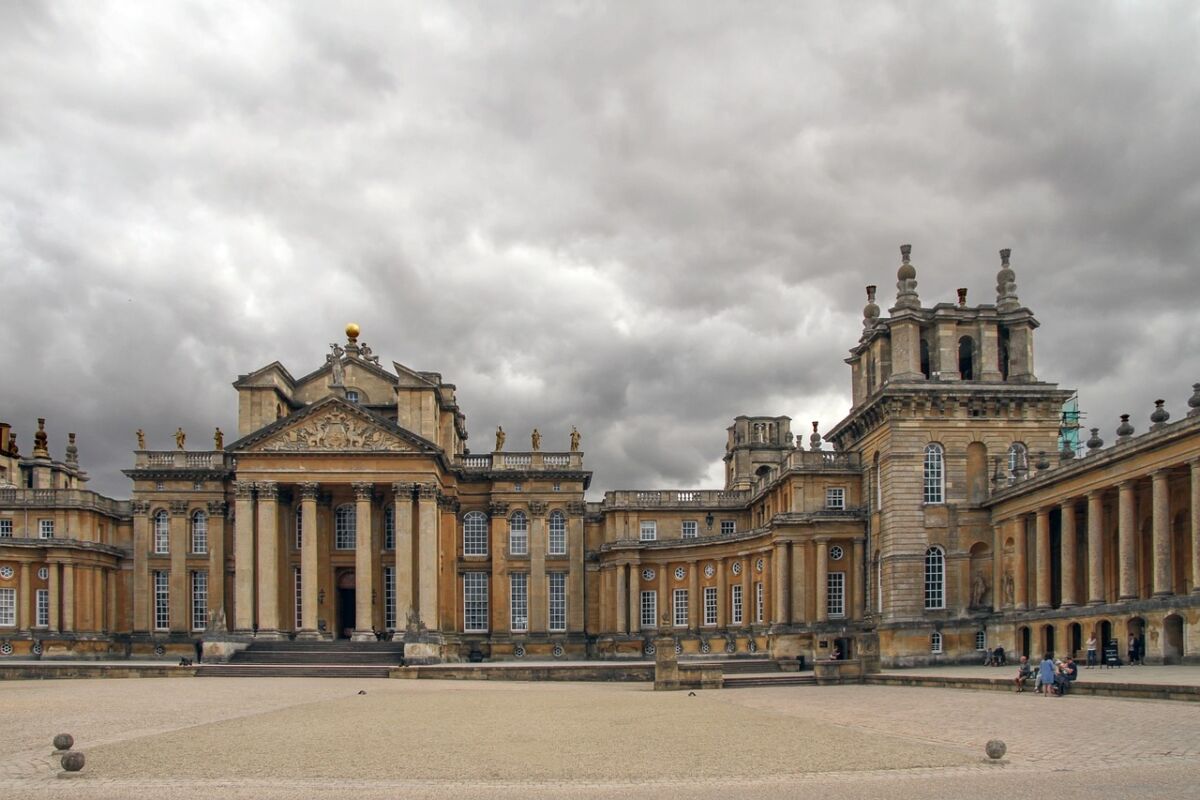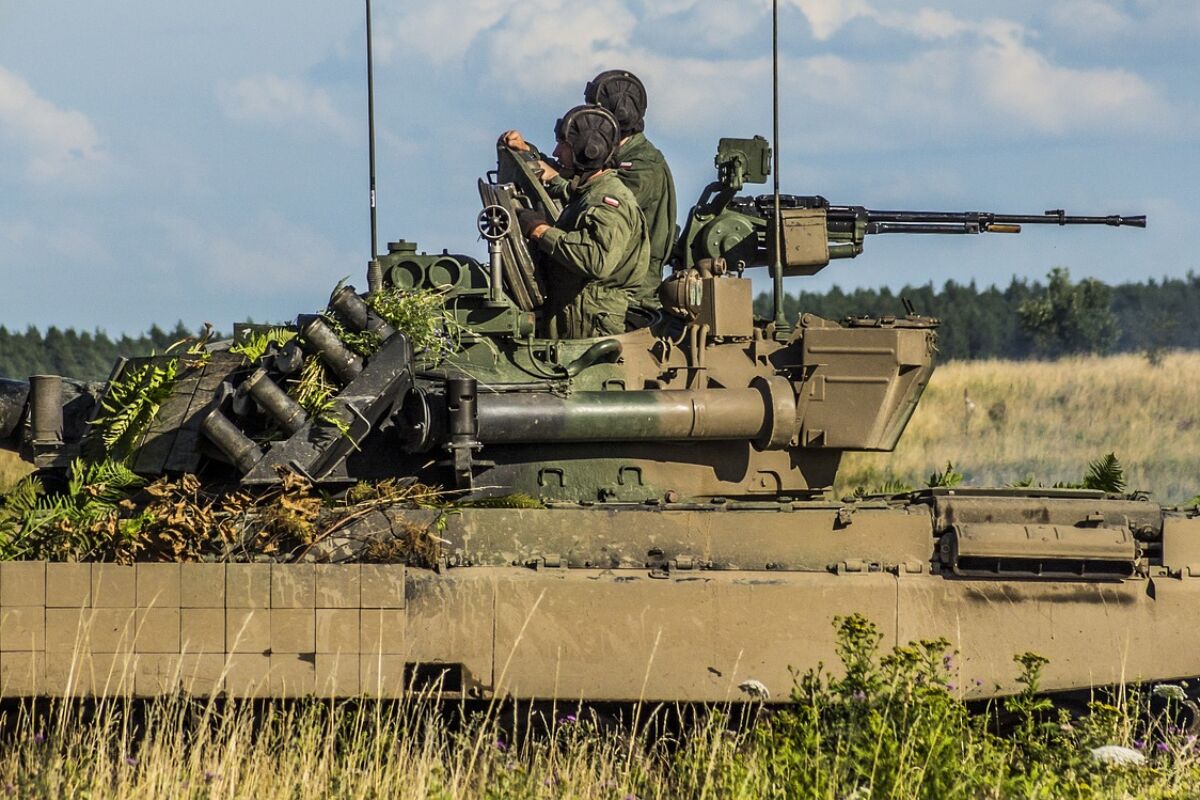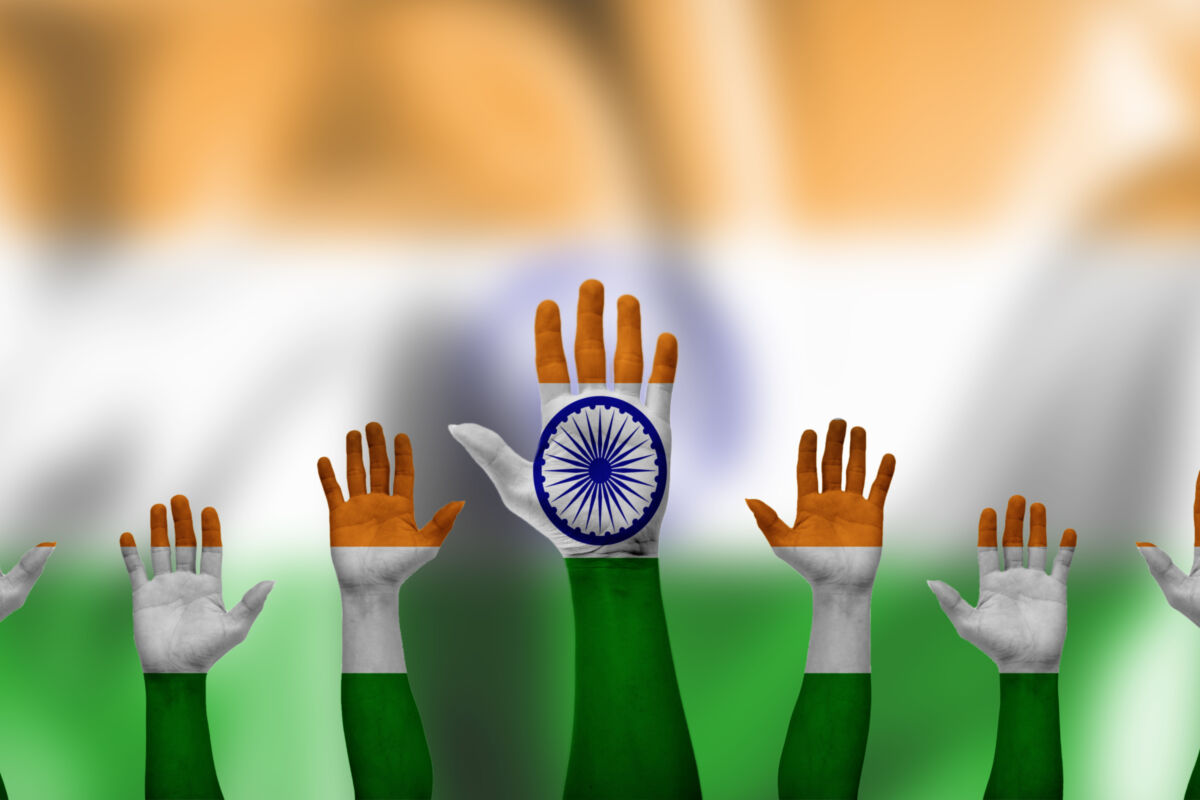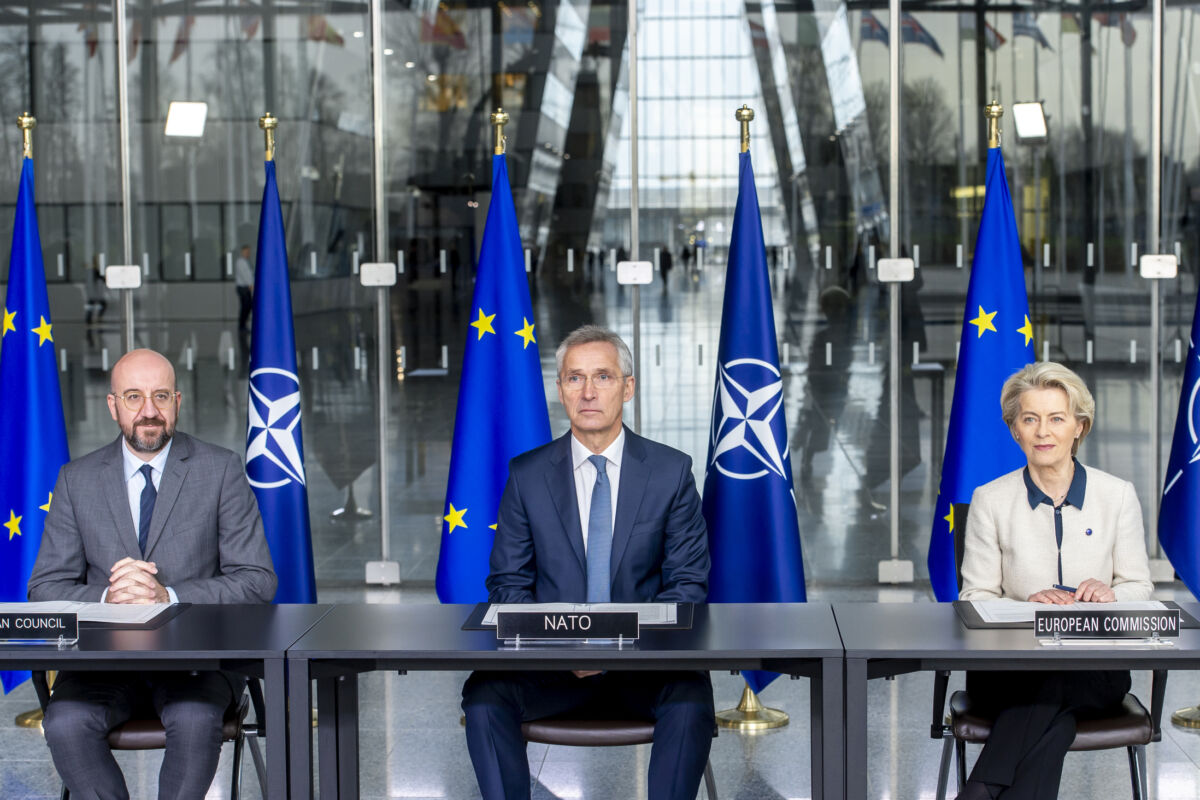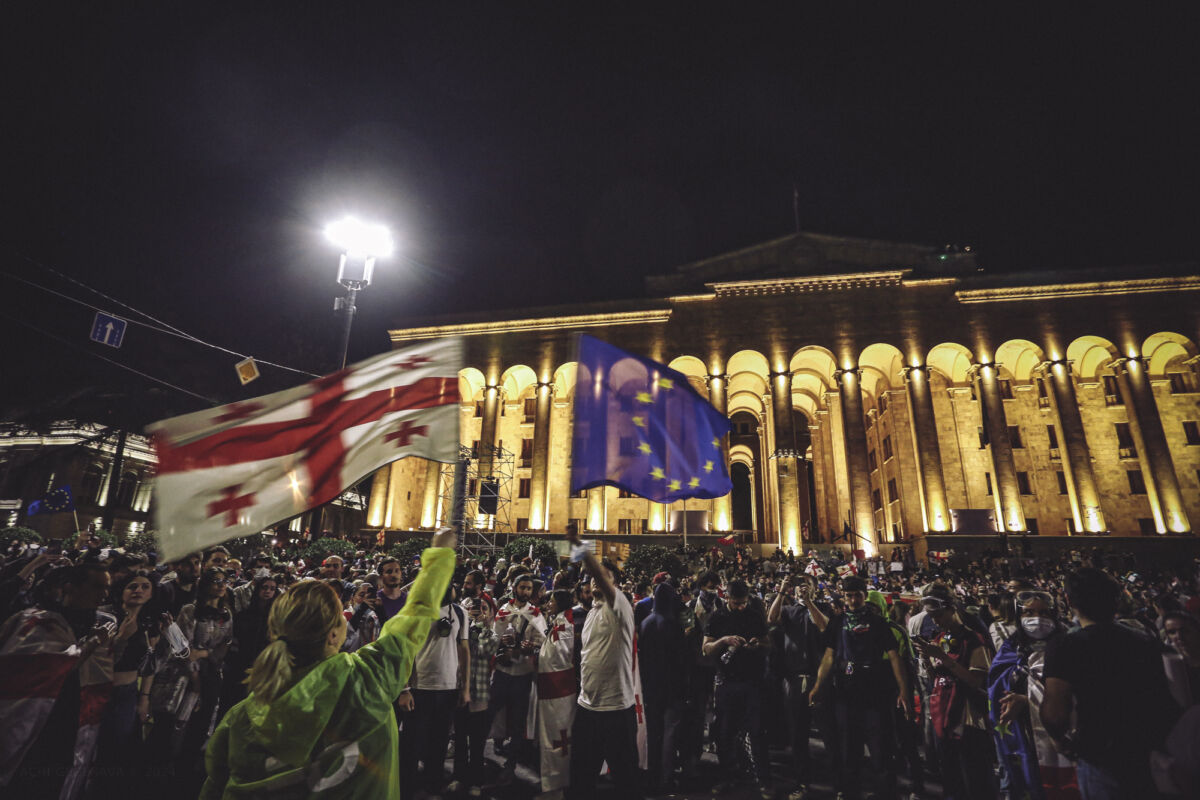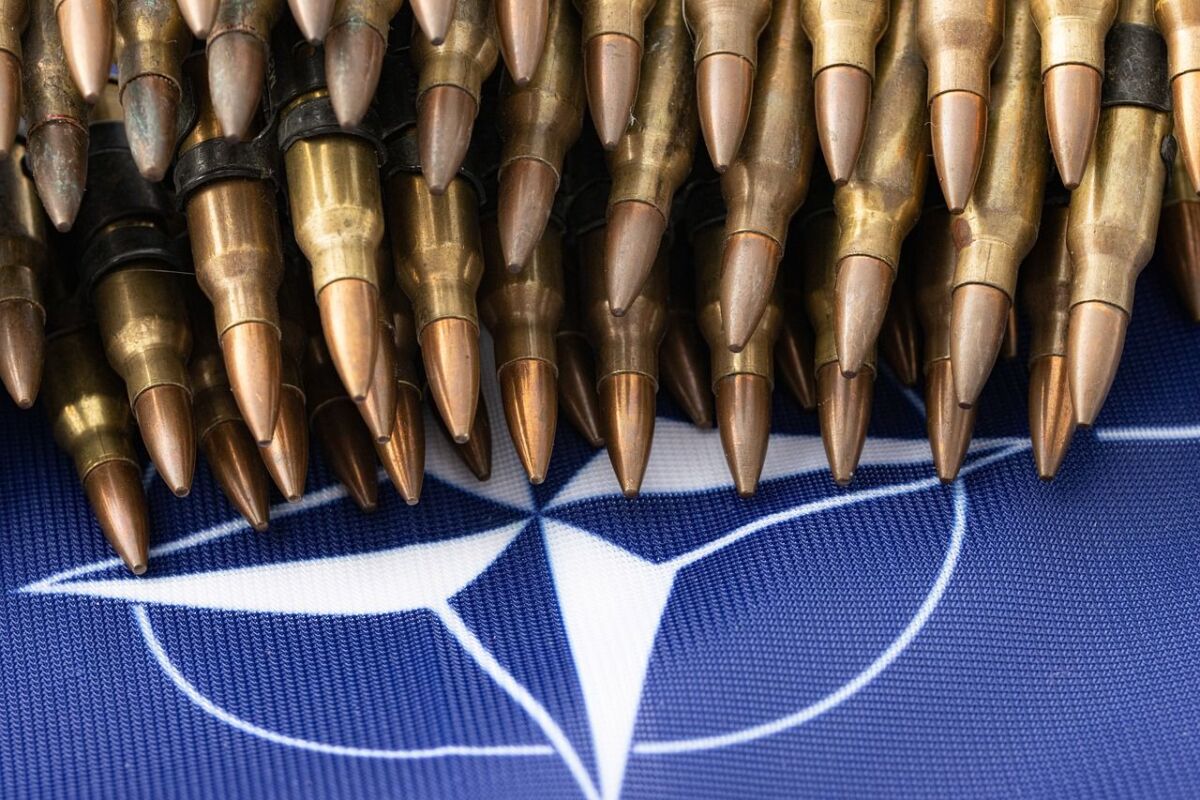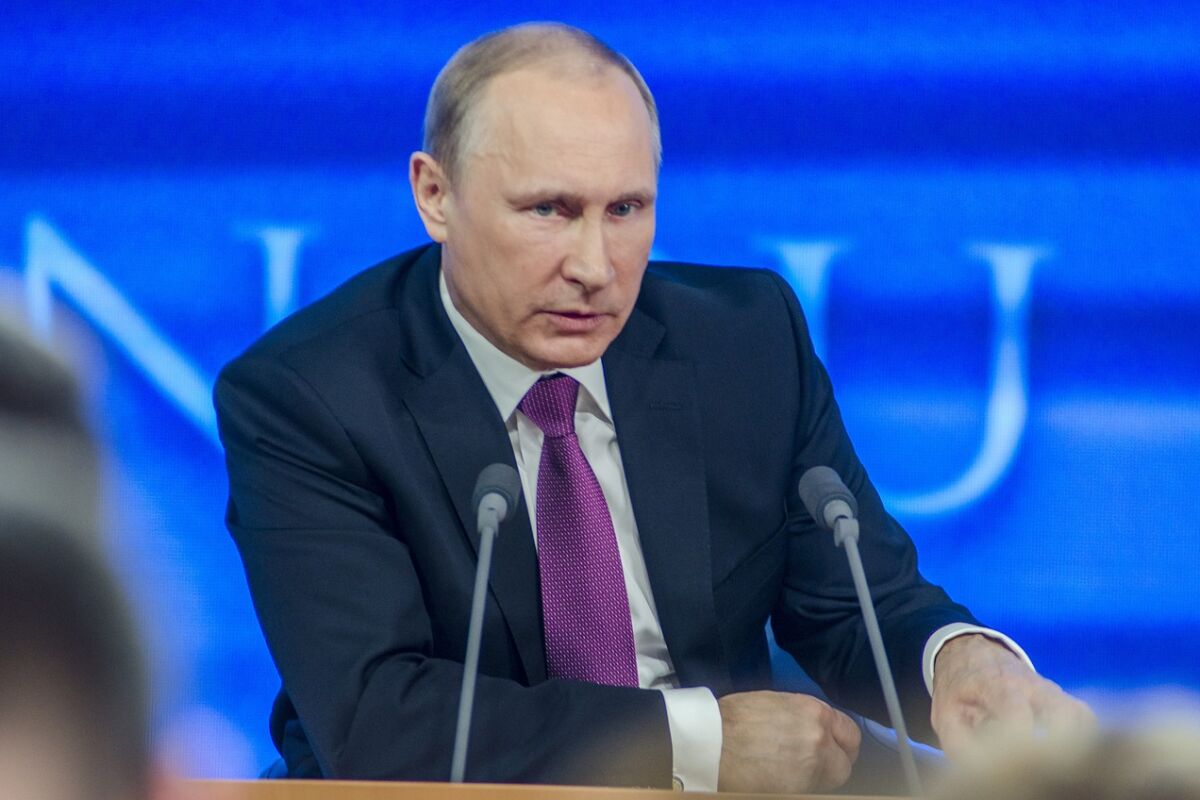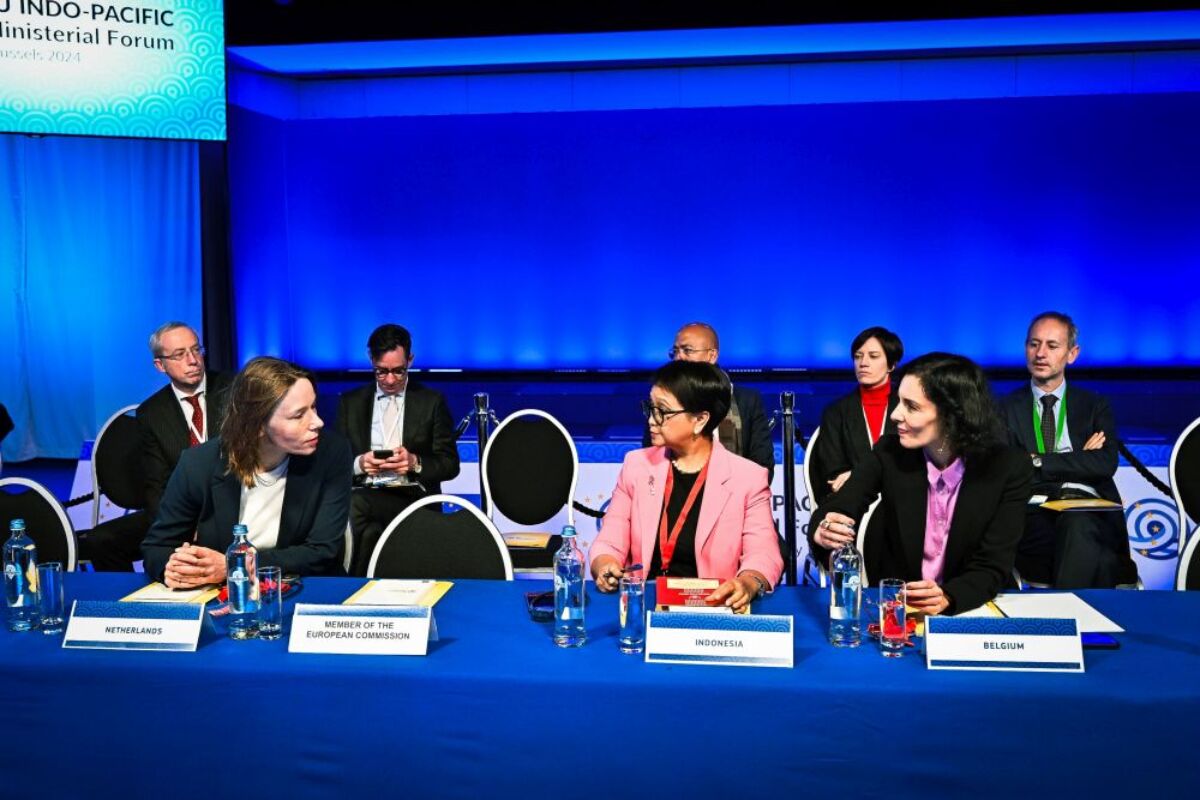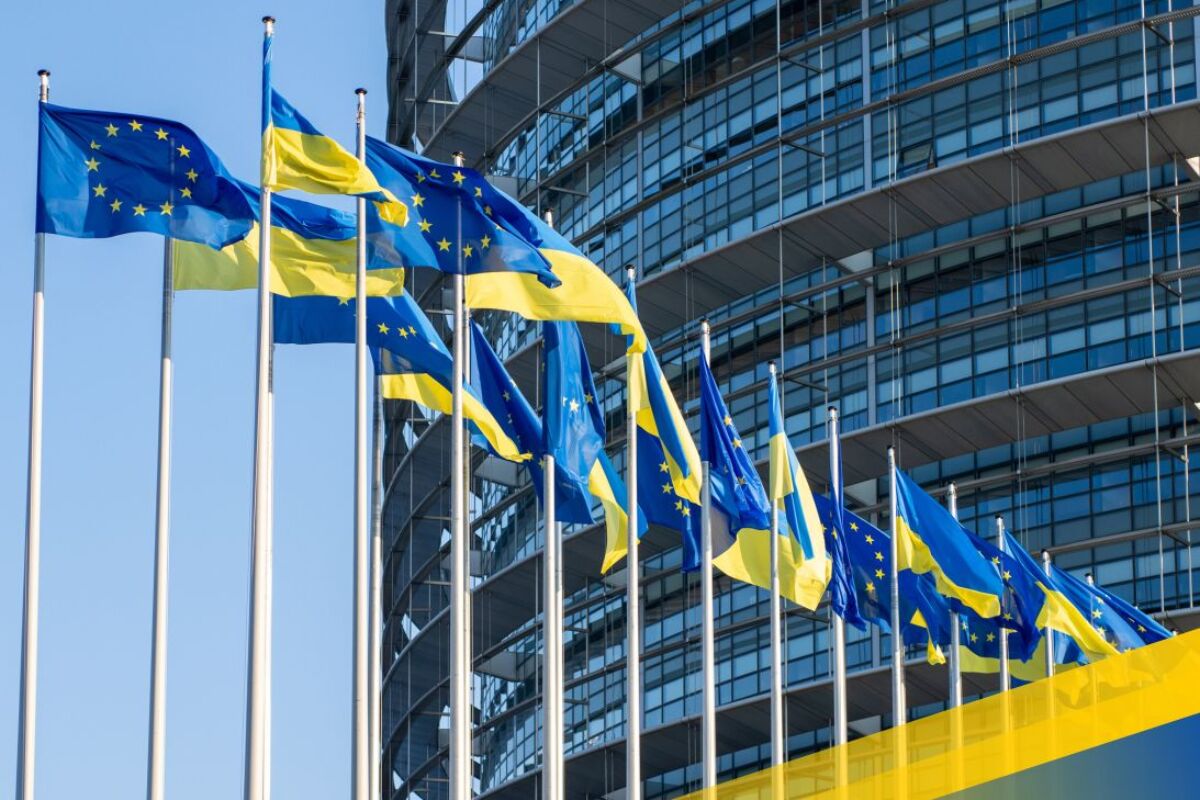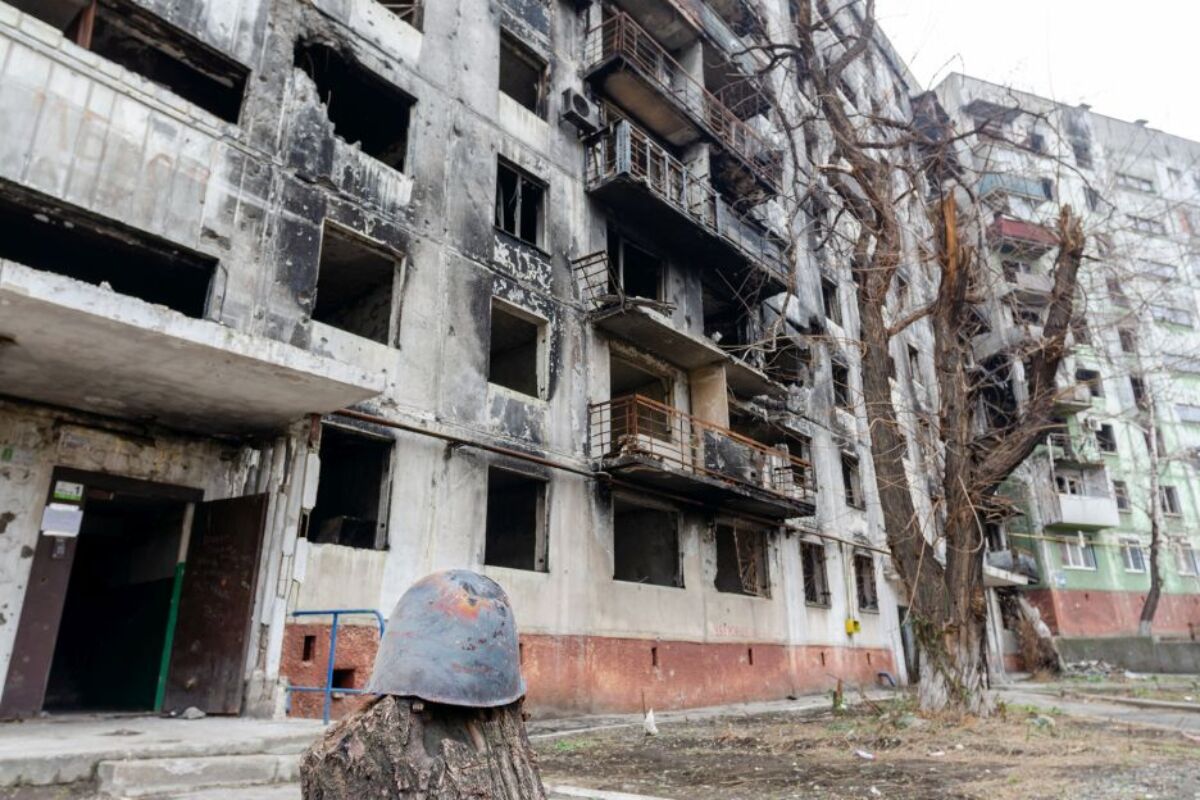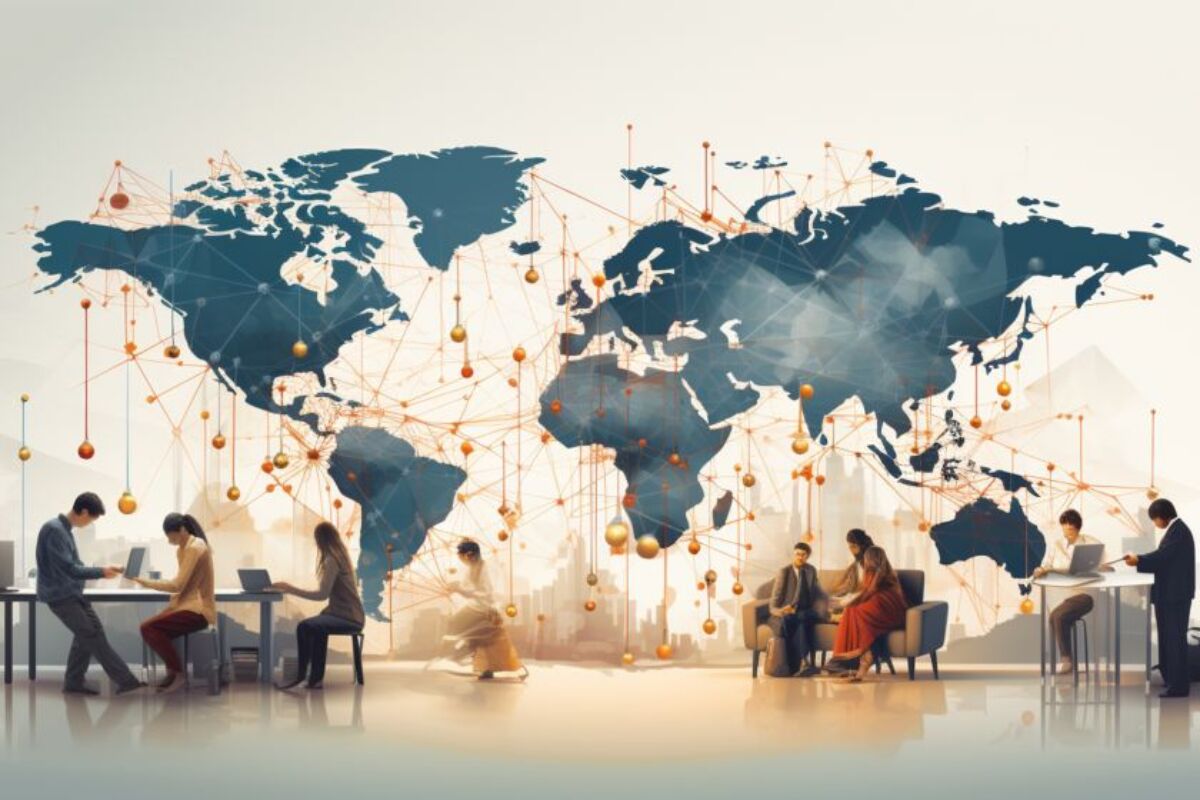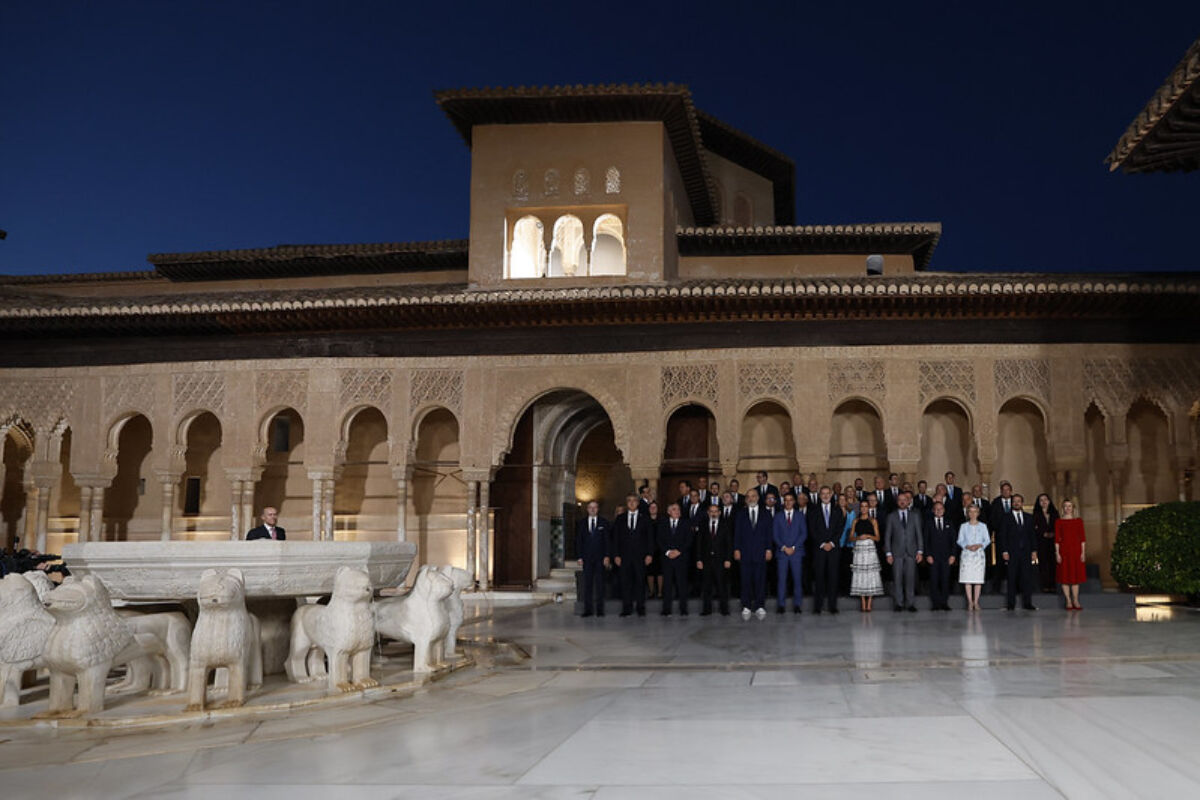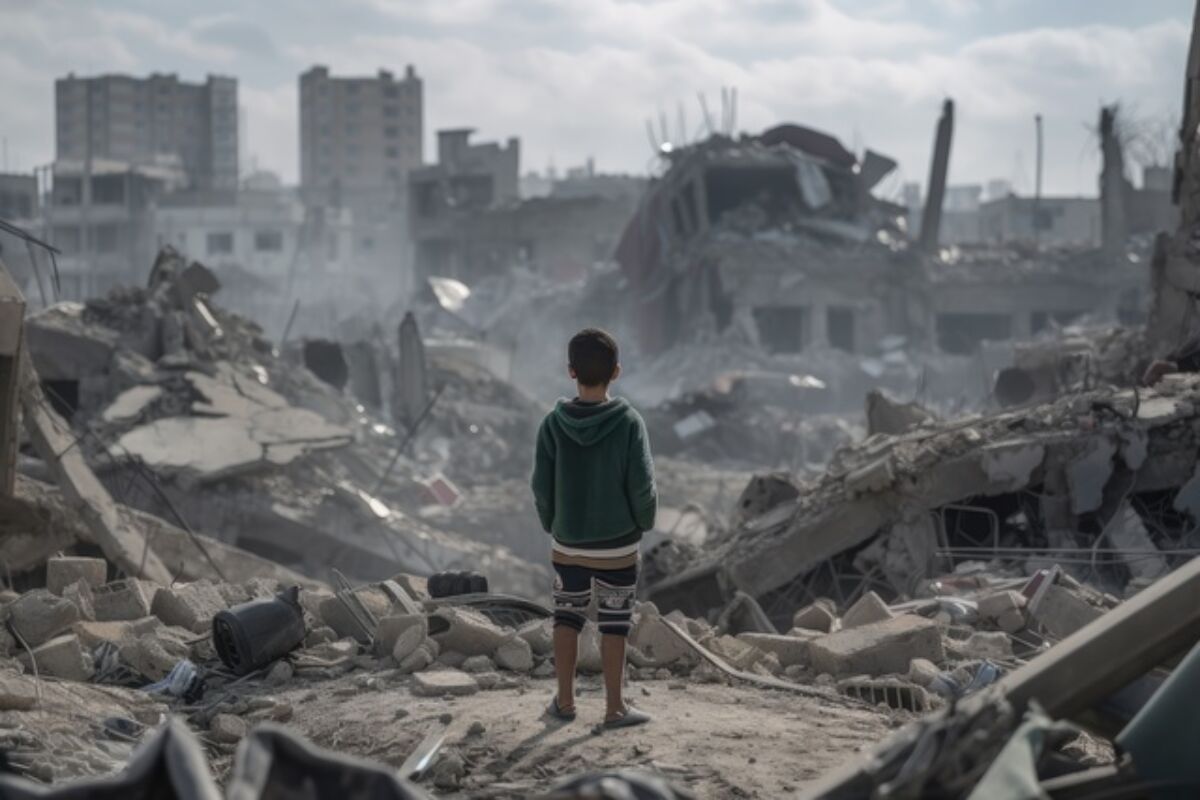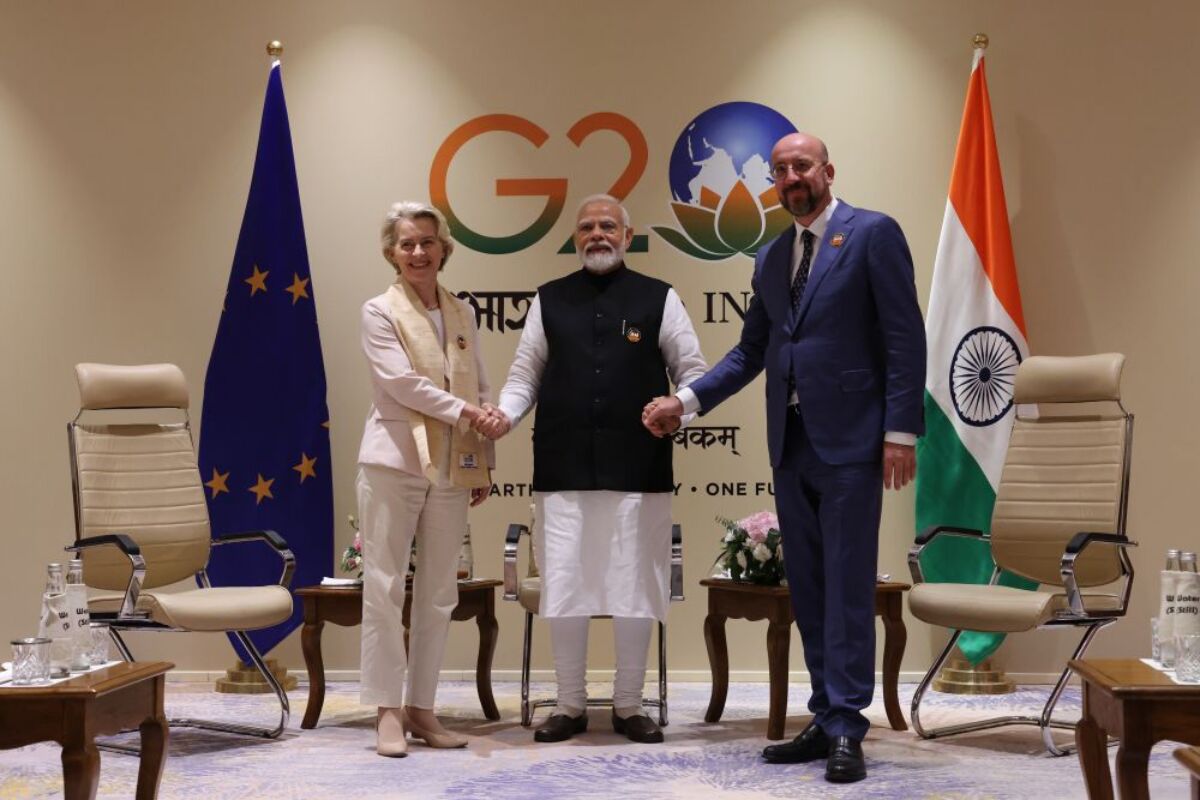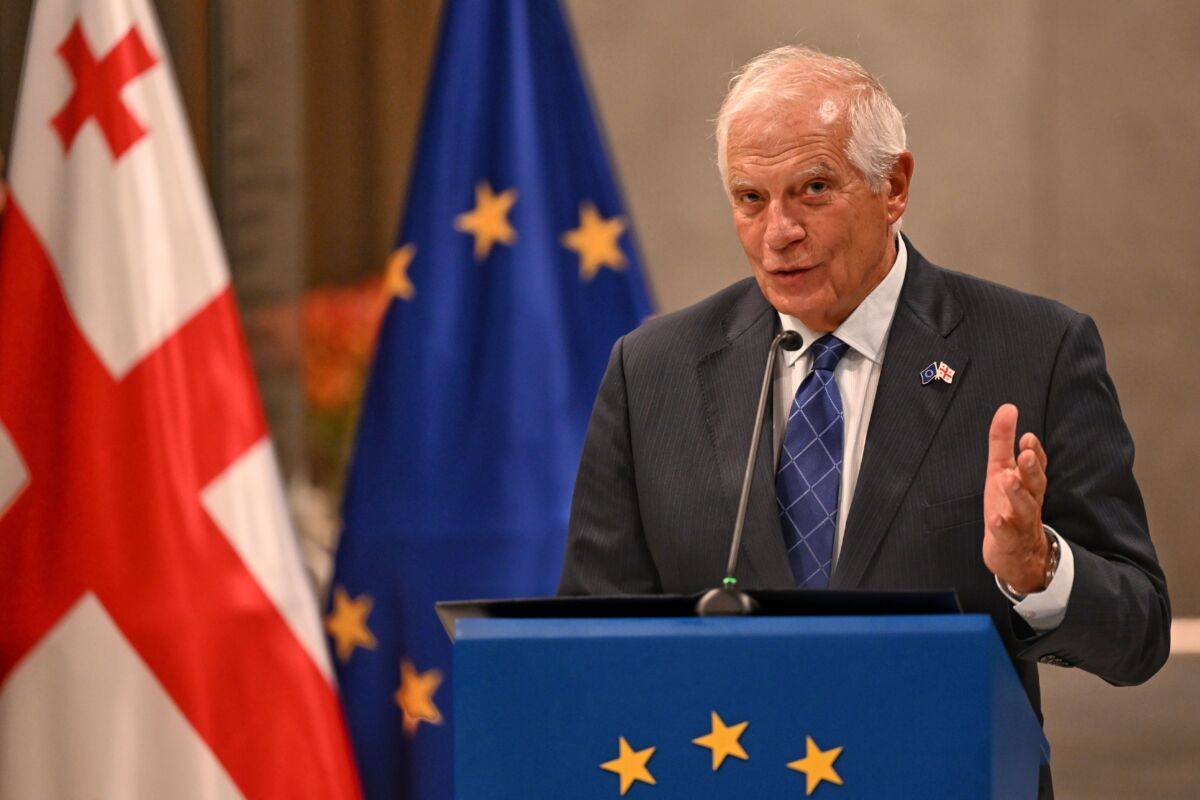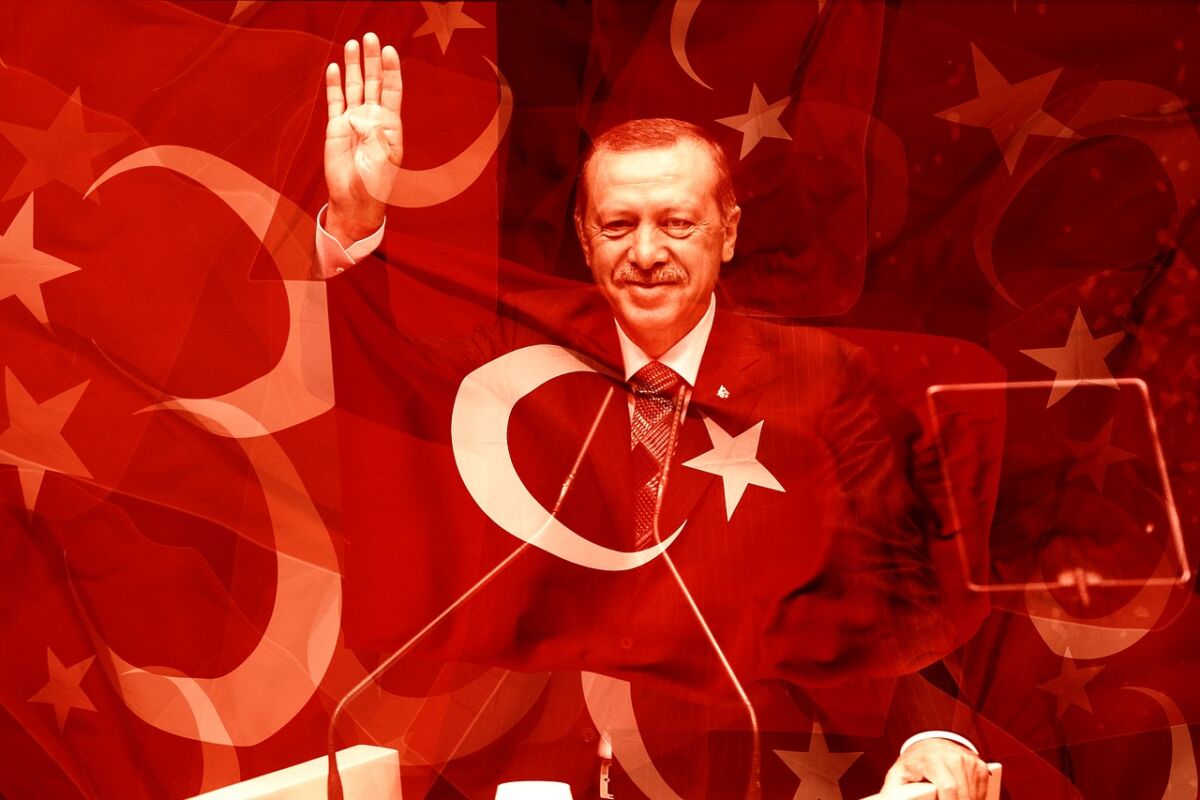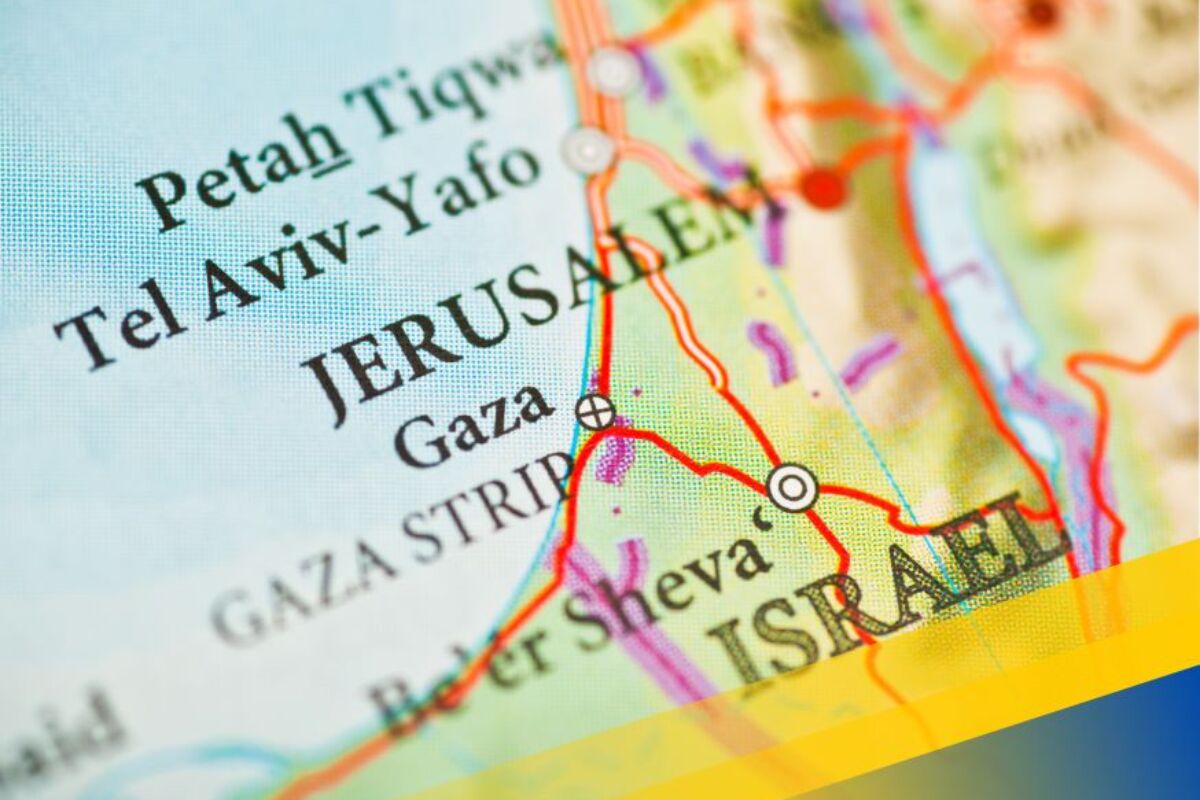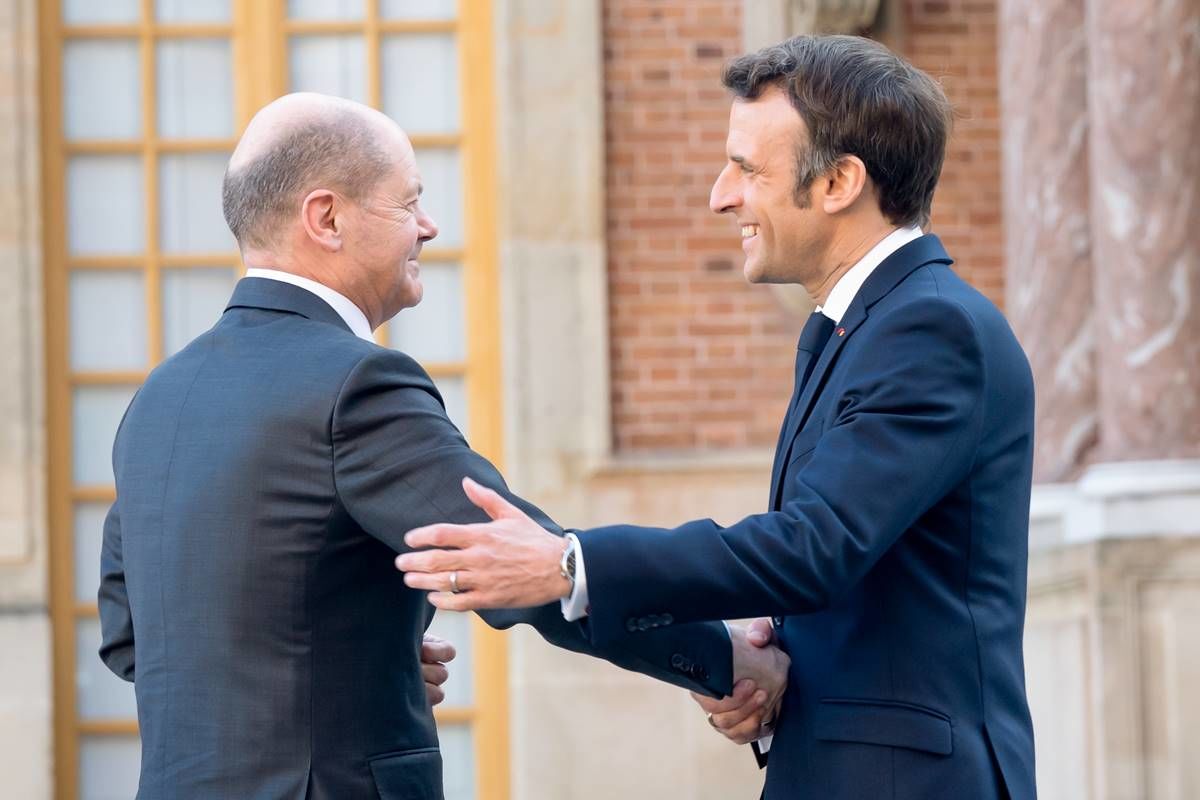The end of Washington’s two-decade-long war effort in Afghanistan has inevitably raised questions over whether the era of Western nation-building and interventionism has now truly ended. This follows years of mounting concerns over the fate of the ‘liberal international order’ since the Russian annexation of Crimea in 2014 and the election of Donald Trump in 2016.
To address this topic, a conceptual clarification is required regarding the difference between an international order and a world order. This is not merely a semantic issue or a matter for academic scholarship. If the past twenty years should truly be thought of as a ‘parenthesis’ in world history, then this distinction comes with practical implications for what EU foreign policy should look like in the post-post-Cold War era.
One difference between an international order and a world order relates to their scope: the latter is always global, whereas the former may be limited to a select grouping of states. Such a grouping may be geographic (e.g., a regional order) or political (e.g., the capitalist and socialist blocs during the Cold War). However, a more important distinction concerns breadth: while an international order is concerned mostly with establishing predictable rules and norms for interstate conduct, a world order aims to establish commonality in the realm of values as well. This conceptual distinction can help to clarify the limits of liberal internationalism.
The limits of liberal internationalism
Given the level of political and cultural diversity in today’s world, liberalism has difficulty functioning as a world order. Following the end of the Cold War, the liberal international order evolved from its roots as a bounded community centred on the West to a project with precise prescriptions for global political and economic reform. Contrary to the common narrative which emphasises the two-century-long rise of liberalism following the French Revolution, this marked the first attempt to construct a liberal world order, which helps to explain the project’s short life span. To an extent, this mirrors the logic that accompanied the EU’s expansion after the fall of the Iron Curtain: a larger and more diverse community required stronger rules and tighter integration.
In combination with Western societies becoming more diverse, this development fostered a conception of liberalism as a universal ideology rather than as a complement to established cultural value systems. Yet the US withdrawal from Afghanistan has illustrated that liberal internationalism, when applied in the service of a world order-building project rather than an international order, does not enjoy universal appeal. Despite being more widespread than ever before, forms of political organisation such as the modern, liberal democratic nation-state emerged from specific historical and cultural circumstances. The goal of rendering liberalism synonymous with universalism, already sharply contested, is now unquestionably defunct.
The liberal world order project’s collapse has left behind an economically integrated but politically pluralistic international order of global scope. The pertinent question to answer therefore concerns whether the liberal international order can be salvaged – in other words, whether this international order can retain its liberal character. And while a standard international order merely requires the establishment of predictable rules and norms, a liberal international order at the global level must feature (1) a hegemonic state of liberal character or (2) significant support for liberal norms, albeit perhaps falling short of the threshold for a liberal world order (e.g., humanitarian intervention rather than top-down nation-building). Robust multilateral institutions alone do not constitute a liberal international order, otherwise there would be no distinction between the terms ‘liberal international order’ and ‘rules-based international order’.
The hegemonic status of the United States has been eroded by instances of rule-breaking (e.g., the 2003 Iraq war) and a perceived lack of competent management of the global economy and domestic politics (e.g., the 2007-09 Great Recession and the 6 January 2021 attack on the US Capitol). Following these events, it is impossible to imagine Russia or China contenting themselves with junior partner status in an order based on US leadership, although Washington may still retain its place as the world’s pre-eminent military and economic power.
Liberal norms such as humanitarian intervention and the Responsibility to Protect, for their part, have also been damaged due to their association with regime change, with the NATO overthrow of Libya’s Muammar Gaddafi in 2011 serving as a prime example. In other words, the perceived legitimacy of Western interventionism has been eroded at the level of both world order and international order. On the other hand, authoritarian states continue to frame their demands using the language of democracy – China’s declared support for the ‘democratisation’ of international relations (i.e., anti-hegemonism) being a prime example. Democracy itself, while embattled globally, remains widespread by historical standards.
Implications for EU foreign policy
In some ways, EU foreign policy has already shifted away from the liberal world order project, embracing the concept of resilience over one-size-fits-all democracy promotion. And Brussels is certainly not capable of assuming the role of global hegemon until now occupied by Washington. Therefore, any European contribution to the survival of the liberal international order will depend on the perceived legitimacy of the liberal norms which the EU chooses to promote and the way it opts to promote them. An opportunity to forge a common approach among member states on this front may come during US President Joe Biden’s Summit for Democracy this autumn.
First, however, Europeans will be required to ask themselves a first-order question: Is the survival of the liberal international order a core EU interest?
On the one hand, a commitment to uphold liberal values at home is one of the EU’s most visible characteristics – fundamental to its survival in its current form. The promotion of distinctly liberal norms on the global stage may therefore serve a strategic purpose: not only does it further the relative dominance of liberal discourse and vocabulary in world politics, it also – to paraphrase Woodrow Wilson – helps to make the world safe for a nominally liberal project such as the EU. On the other hand, in an era of competition between great powers that hold differing worldviews and values systems, the promotion of liberal norms may weaken the foundations of rules-based interaction among states, the resilience of which may be even more vital to European interests.
In the wake of the US withdrawal from Afghanistan, the defeat of the liberal world order and the limitations – if not existential challenges – facing the liberal international order require member states to rank their collective interests and priorities. This will require going beyond existing debates over what sort of actor the EU wants to be (e.g., geopolitical or autonomous). Besides strengthening multilateral institutions and fostering common rules and standards, a more detailed discussion is required concerning what kind of international order it wants – and can realistically hope – to live in. The liberal world order was a historical parenthesis, but can and should the liberal international order be offered a new lease on life?


